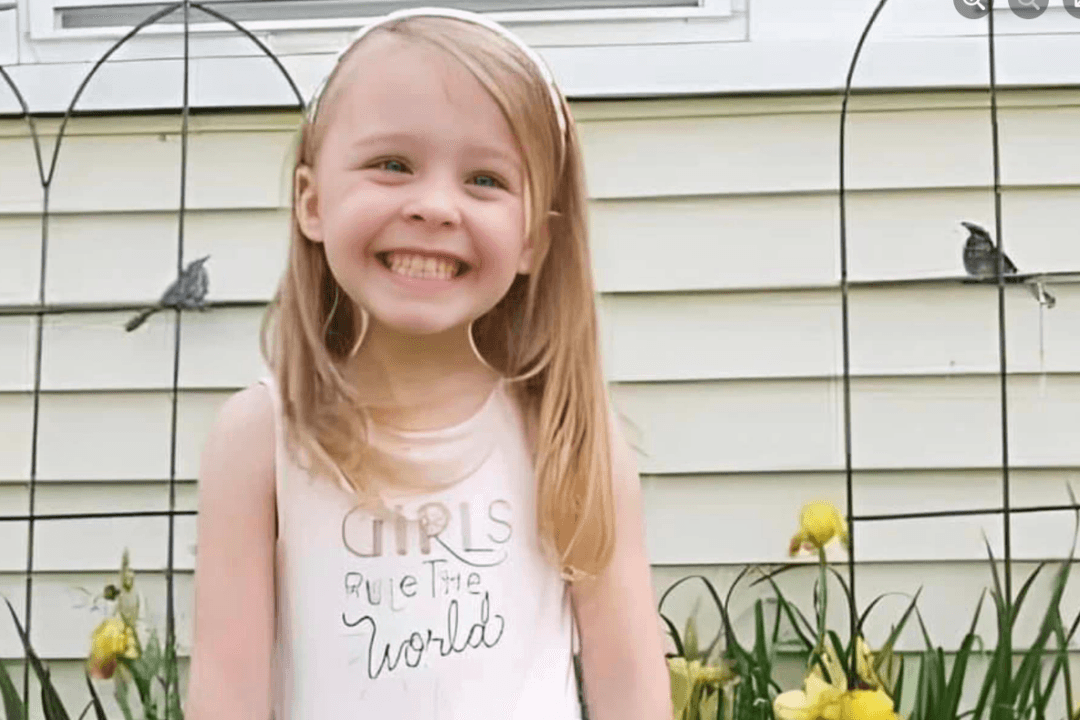A New Hampshire police chief believes child protection officials in both New Hampshire and Massachusetts should be held accountable for failing to prevent the murder of Harmony Montgomery by her father, Adam Montgomery.
Speaking at a press conference following Mr. Montgomery’s conviction last week for the second-degree murder of his five-year-old daughter, Manchester Police Chief Allen Aldenberg said it “blows his mind” that the little girl’s disappearance remained undetected for two years.




